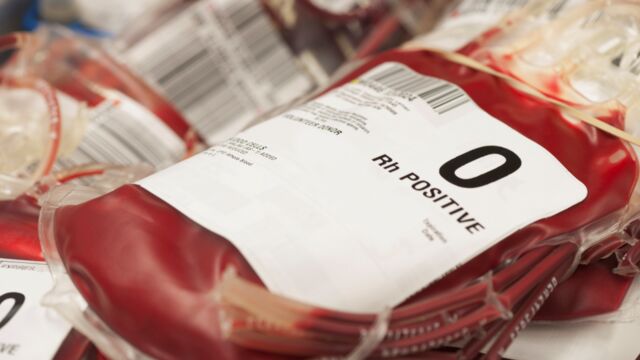Although a firm link has yet to be established between blood type and the risk of contracting the coronavirus, a recent study showed that people with blood O blood types are less likely to contract the virus than others according to Chinese researchers at the University of Shenzhen. They were able to identify several significant correlations linking each blood type with the carrier's risk of infection.
Discover our latest podcast
These scientists conducted their study using 2,173 individuals who tested positive for the virus and were hospitalized in 3 different hospitals in the cities of Wuhan and Shenzhen. These 2,173 individuals (10% of whom died from the coronavirus) were compared to 3,694 Wuhan residents who tested negative for the COVID-19 coronavirus.
Results? The researchers found that:
People with blood group A have a significantly higher risk of being infected with the Covid-19 coronavirus, while people with blood group O have a lower risk.
In percentage terms, the study in question, therefore, shows that people of blood group O have a 33% lower risk of infection while people of blood group A have a 20% additional risk of being infected.
These assumptions seem to be "valid regardless of gender or age." But again, this study is controversial and it will take further investigation to support this conclusion.
A 2003 study had already raised some questions
It is important to know that each blood group develops different antibodies. A 2003 study - as reported by RTL5 - concluded that some blood groups were more fragile than others.
Also, blood group O naturally produces Anti A and Anti B antibodies, which makes for a "double defence", whereas people of blood group A and B have only Anti B and Anti A antibodies respectively. But again, no link has yet been proven.
At the beginning of this pandemic, we knew that the elderly were likely to be the most vulnerable and susceptible to the virus, however, with the current statistics we know that young people are no exception as well.
On March 22, 2020, a 28-year-old man died in his apartment in Nice, France of acute respiratory distress caused by the coronavirus. The taking of anti-inflammatory drugs is thought to also be involved. The important thing when dealing with the coronavirus is to apply barrier measures and to stay at home.
For more information, check out the video above.















